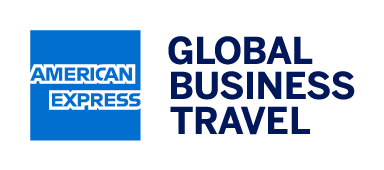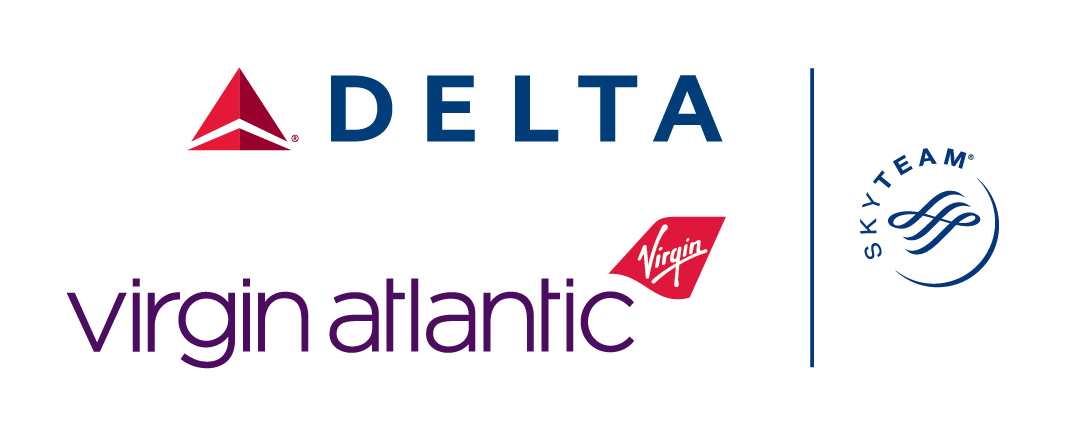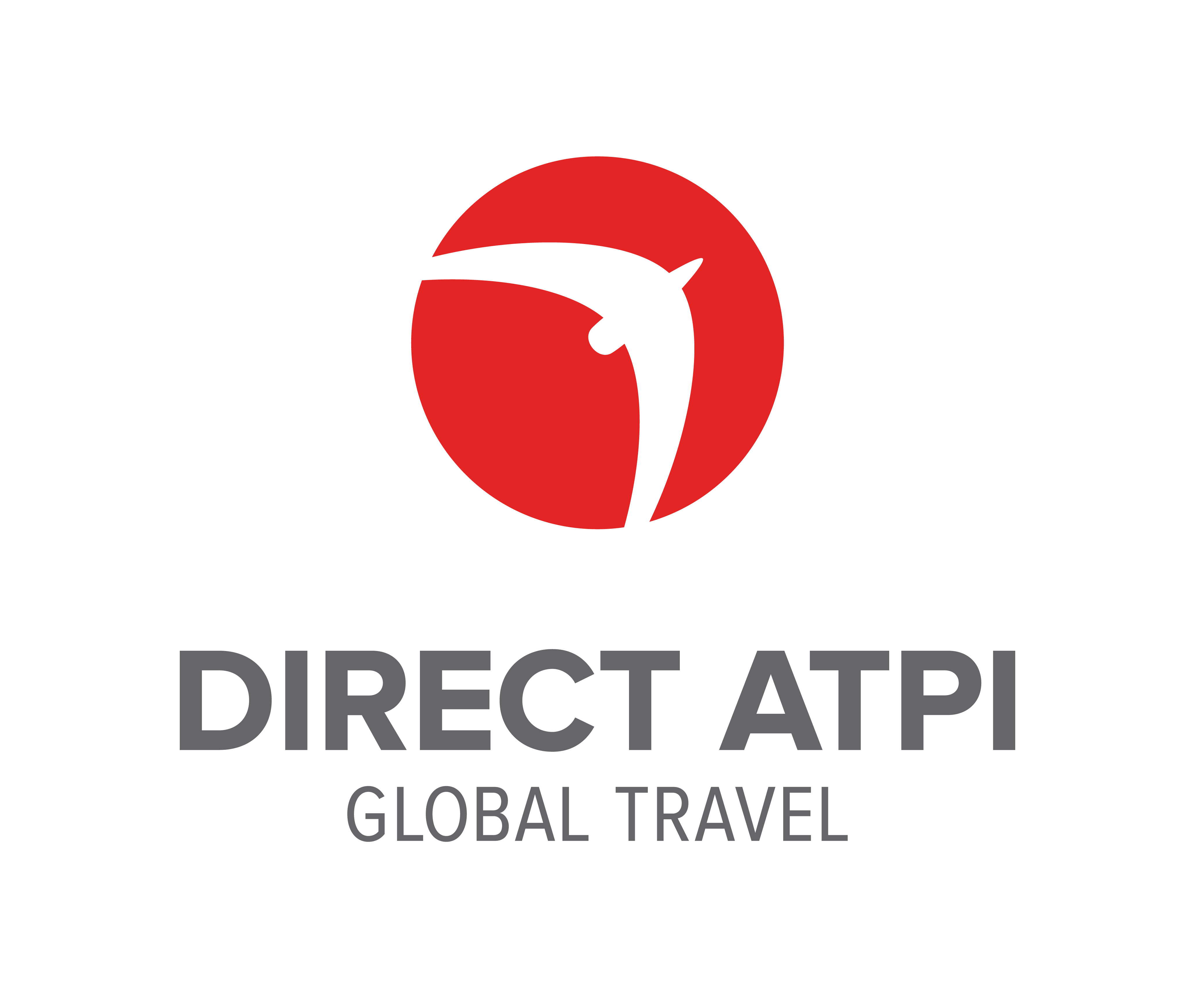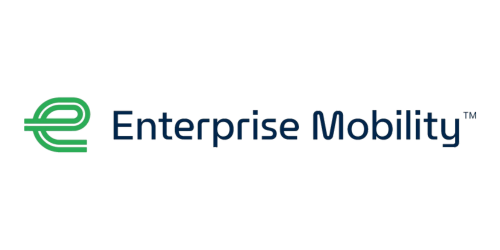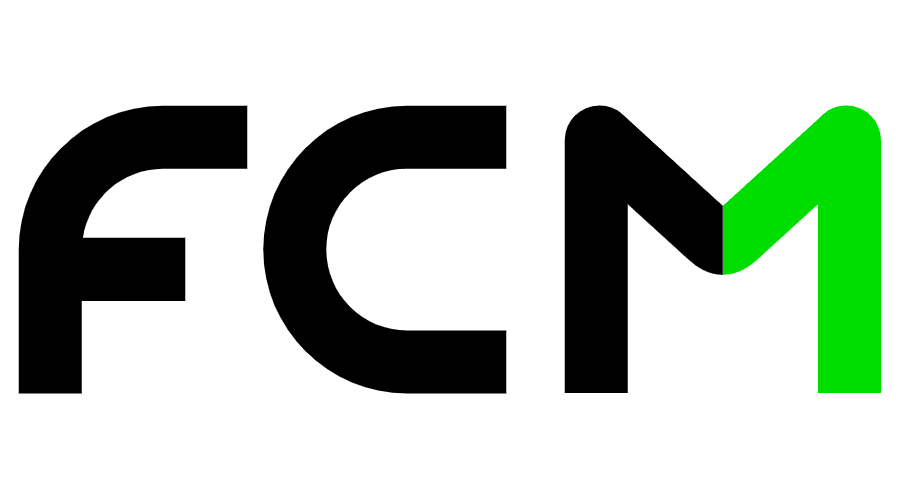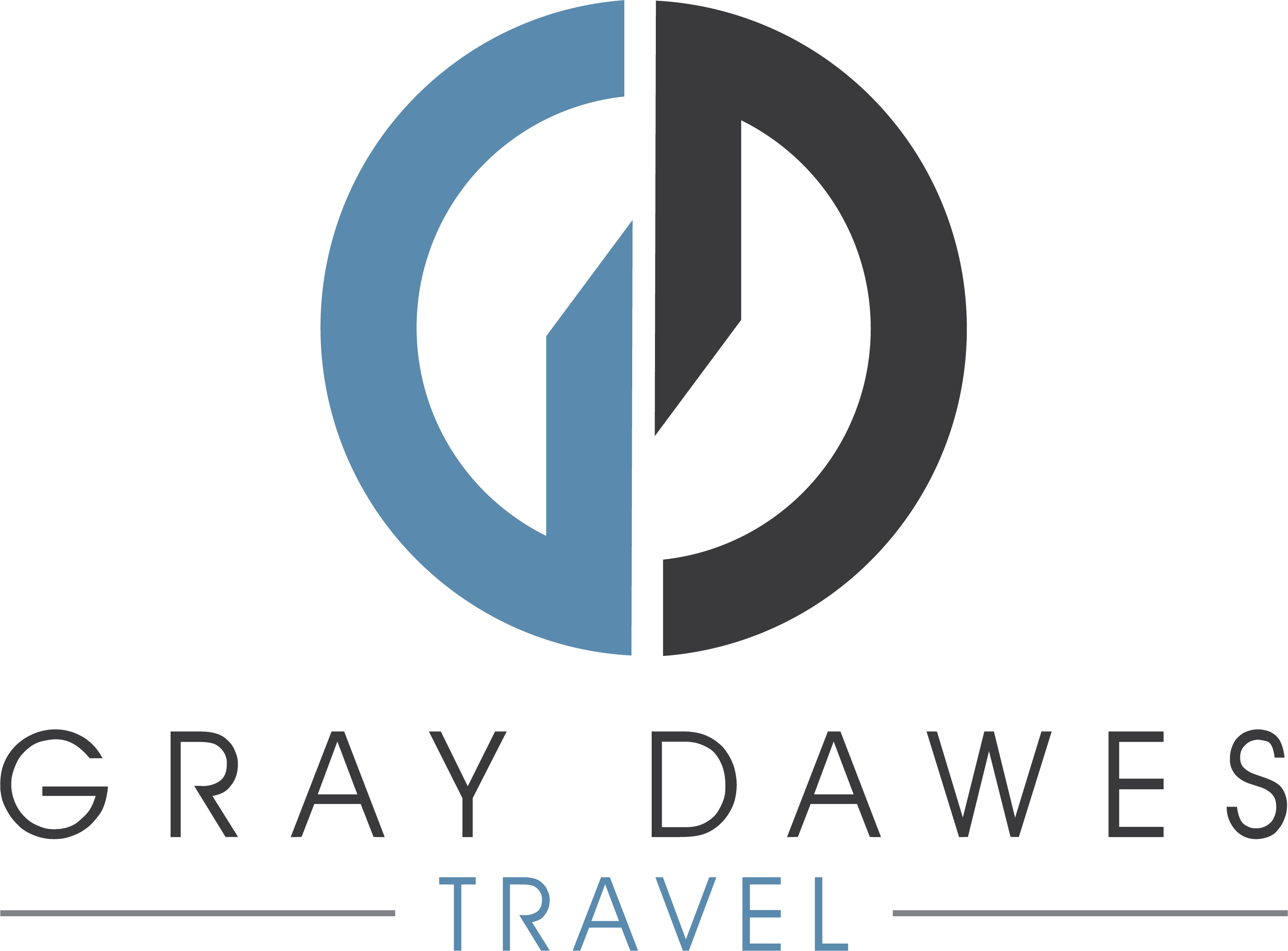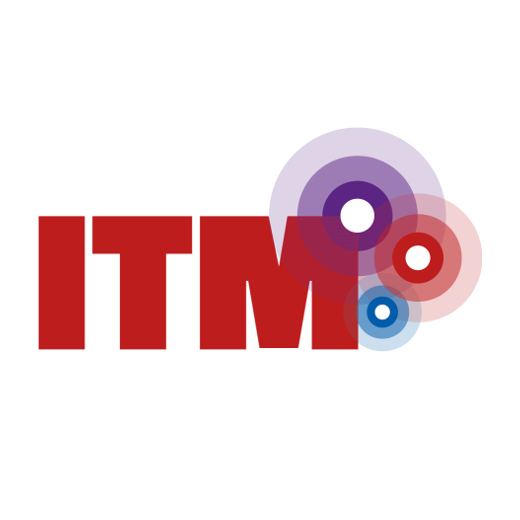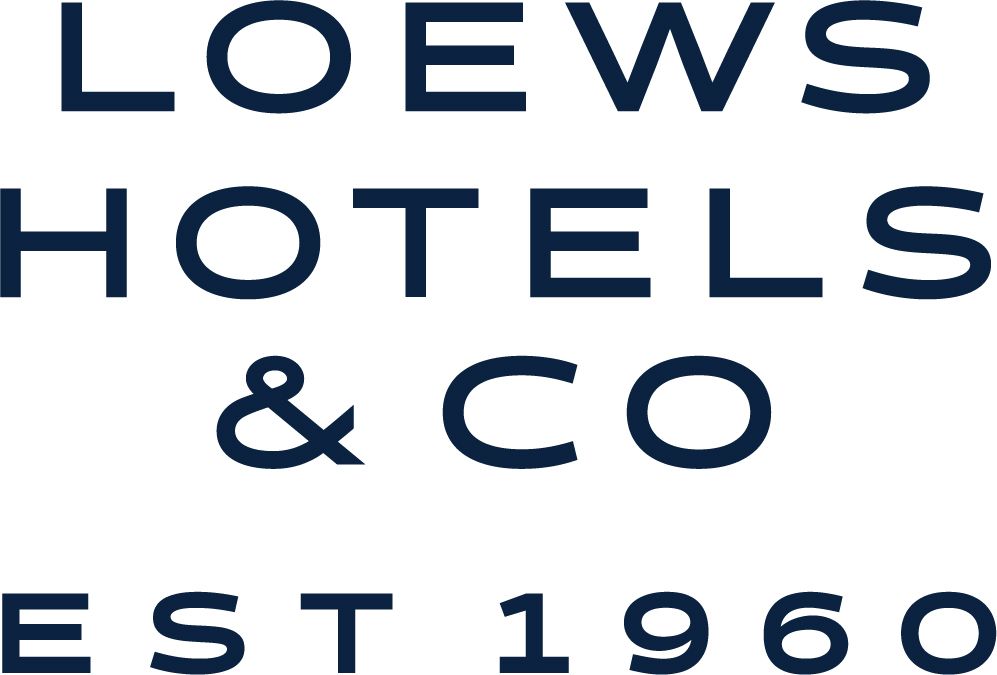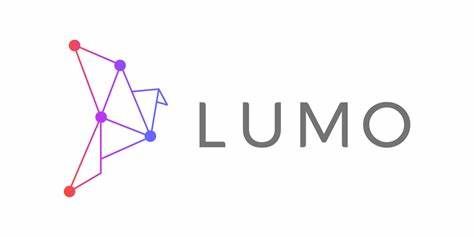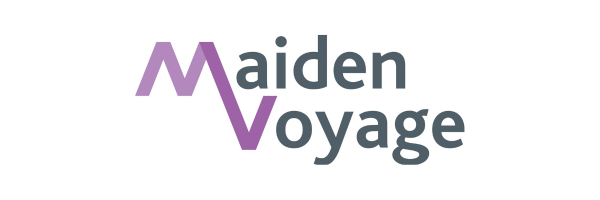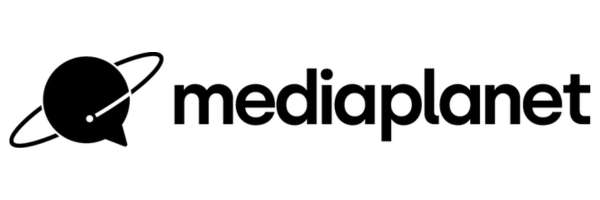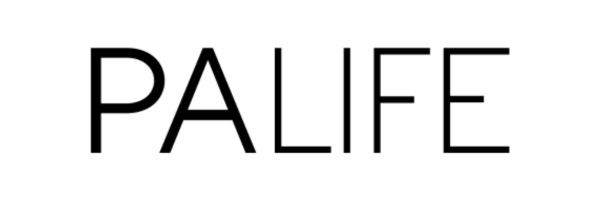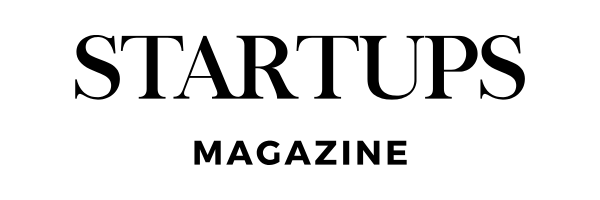Academic Travel Management: Smarter, Safer and More Sustainable University Travel
)
- Original Contribution by: Clarity Business Travel
- Updated and expanded by: Jonathan Carter-Chapman, Marketing Director, Northstar Travel Group
-
Re-published: April 2025
-
Topics: Academic Travel, Travel Management, Higher Education, TMCs, Compliance
-
Read Time: 7 minutes
Quick Summary
University travel programs are becoming more ambitious and more complex.
Whether it’s supporting international exchange, field research, or recruitment efforts, institutions need efficient, reliable travel systems to reduce costs, ensure safety, and meet sustainability goals. This guide explores how travel management in academia is evolving — and how smarter tools, partnerships, and planning can make it more effective than ever.
Introduction: The Growing Demands of Academic Travel
Academic organisations increasingly rely on travel to support their teaching, research, and international partnerships. From visiting scholars to global conferences, travel logistics must be handled with care. But managing complex trips across multiple destination countries can quickly become a burden — especially when costs, compliance, and carbon emissions must all be tracked and justified.
As universities expand their global reach, they need systems and support that go beyond simple booking. The right strategy doesn’t just move people efficiently — it enhances the entire academic experience.
Why Academic Travel Management Matters
Travel for academic purposes isn’t like corporate travel. The mix of student travel, academic fieldwork, and interdepartmental budgets makes it inherently more complicated. Inconsistent booking methods, lack of policy oversight, and surprise extra costs can quickly create chaos.
A well-managed travel program brings clear advantages:
-
Cost control and improved supplier rates
-
More reliable travel with fewer disruptions
-
Safer, more compliant operations
-
Support for net-zero and sustainability goals
-
A better experience for staff and students alike
Whether managing group study trips or solo international placements, academic institutions need structured travel policies supported by modern tools and expert partners.
In-House vs Outsourced Travel Management
Universities have traditionally relied on internal admin teams or left staff to book their own travel. While this allows flexibility, it often results in missed savings, duplicated effort, and poor visibility over spend.
Increasingly, institutions are working with educational travel providers or specialist Travel Management Companies (TMCs). These companies provide:
-
Access to pre-negotiated rates
-
A successful booking tool that enforces policy and approvals
-
Destination knowledge to ensure compliance with local regulations
-
Carbon tracking features
-
Support for large-scale academic travel logistics
These tools ensure a consistent approach while allowing academic travellers the freedom to tailor their own itineraries — striking the balance between governance and autonomy.
Case Study: Southampton University Streamlines Its Travel Approach
Southampton University, travel bookings were historically spread across departments with no central oversight. Staff often used public websites or made last-minute bookings, leading to inconsistent pricing and limited traveller support.
After introducing a dedicated booking tool through a framework-approved partner, the university saw:
-
100% visibility of travel spend
-
Stronger policy compliance
-
Real-time tracking of travellers abroad
-
Improved traveller safety
-
Measurable cost savings and carbon reductions
The centralised approach didn’t just cut back on admin — it helped deliver a smoother, more reliable travel experience for staff and students, particularly those engaging in international exchange or academic field trips.
Technology is Transforming Academic Travel
Modern travel platforms provide far more than booking functionality. They empower academic institutions to take control of their entire travel program.
Leading features include:
-
Pre-trip approval flows tailored to academic departments
-
Real-time alerts for disruptions or safety issues
-
Carbon footprint reporting and offset options
-
Smart search filters to prioritise sustainable or lower-cost travel
-
Traveller education prompts to reduce policy breaches
AI-driven tools also make it easier to forecast fares, predict disruptions, and improve traveller satisfaction — particularly for group bookings or specialist trips to high-risk destination countries.
Managing Compliance and Duty of Care
When students or staff travel on behalf of a university, the institution carries responsibility for their safety and conduct. This includes both internal compliance and adherence to laws in the destination country.
Academic institutions must:
-
Track travellers in real time
-
Ensure they have proper documentation and insurance
-
Communicate emergency procedures clearly
-
Log travel decisions for auditing and legal purposes
This becomes especially important during international exchanges, fieldwork in high-risk areas, or trips involving large student groups. Without reliable tools and support, institutions risk breaching duty-of-care responsibilities.
Sustainability and the Push to Reduce Carbon Emissions
With travel a major contributor to institutional carbon emissions, many universities are under pressure to reform their academic travel programs. They’re aiming to reduce unnecessary trips, switch from air to rail, and use offsetting tools to account for unavoidable emissions.
Key strategies include:
-
Encouraging greener modes of transport through booking defaults
-
Educating travellers on sustainability policies
-
Reporting and reducing emissions at department level
-
Working with suppliers who share sustainability commitments
Some academic travel platforms now display emissions data during booking, giving staff and students a clearer picture of their impact — and nudging them toward smarter choices.
What to Look for in a Travel Partner
Not all TMCs are equipped to serve the academic sector. Look for partners who understand the unique needs of educational travel — including fluctuating budgets, diverse traveller profiles, and public procurement regulations.
Essential capabilities include:
-
Customisable approval workflows for academic structures
-
Integration with university systems (HR, finance, reporting)
-
Carbon tracking and sustainability reporting
-
24/7 support for travellers worldwide
-
Deep destination knowledge, especially for international exchange
Ultimately, the right partner will help your institution simplify complexity — while enhancing compliance, sustainability, and value.
FAQs
Further Reading
-
SUPC Travel Framework Overview – https://www.supc.ac.uk
-
University of Washington: Sustainable Travel Plan – https://sustainability.uw.edu/sustainability-plan/target-v-5-lower-emissions-professional-travel-2025
-
Times Higher Education: Green Travel on Campus – https://www.timeshighereducation.com/news/how-can-universities-make-travel-more-sustainable
Acknowledgement - This article was adapted and rewritten from an original contribution by Clarity Business Travel (https://www.claritybusinesstravel.com), and updated for Business Travel Show Europe to reflect the latest developments in academic travel management, technology, and sustainability.



)
)
)
)
)
)
)
)
)
)
)
)
)
)
)
)
)
)
)
)
)

